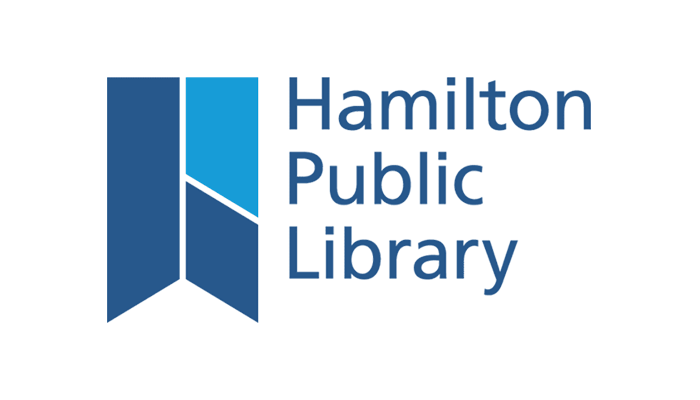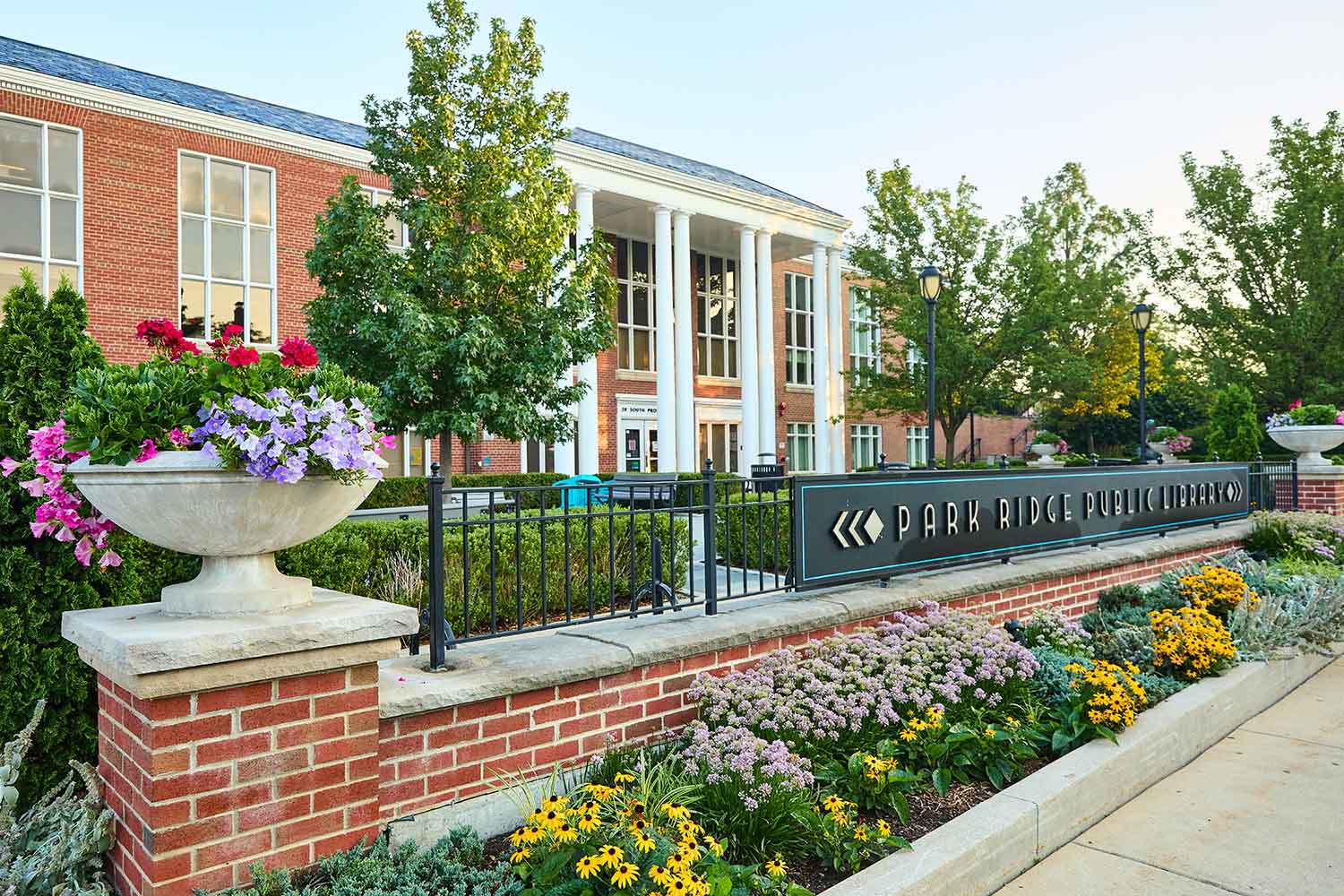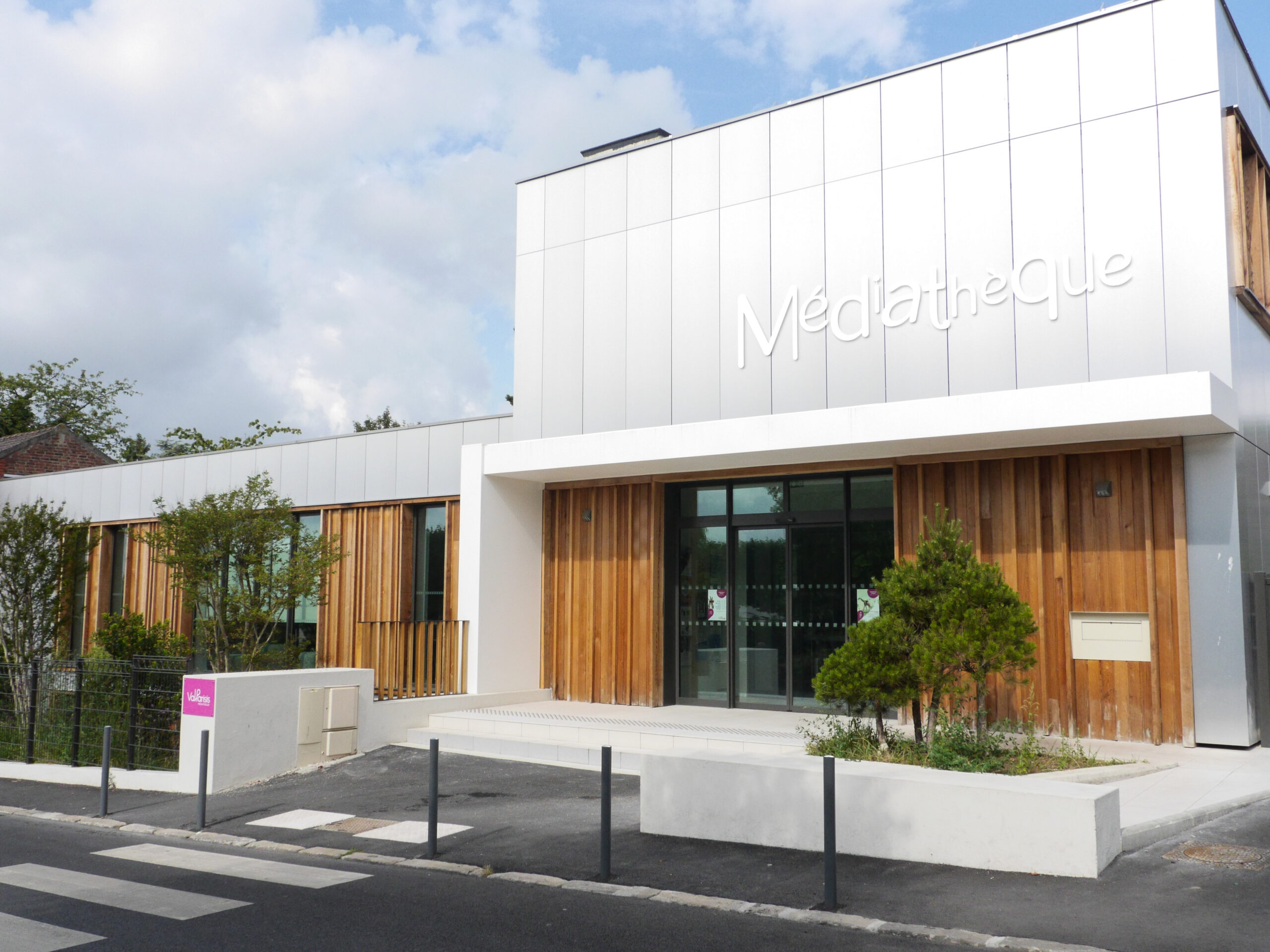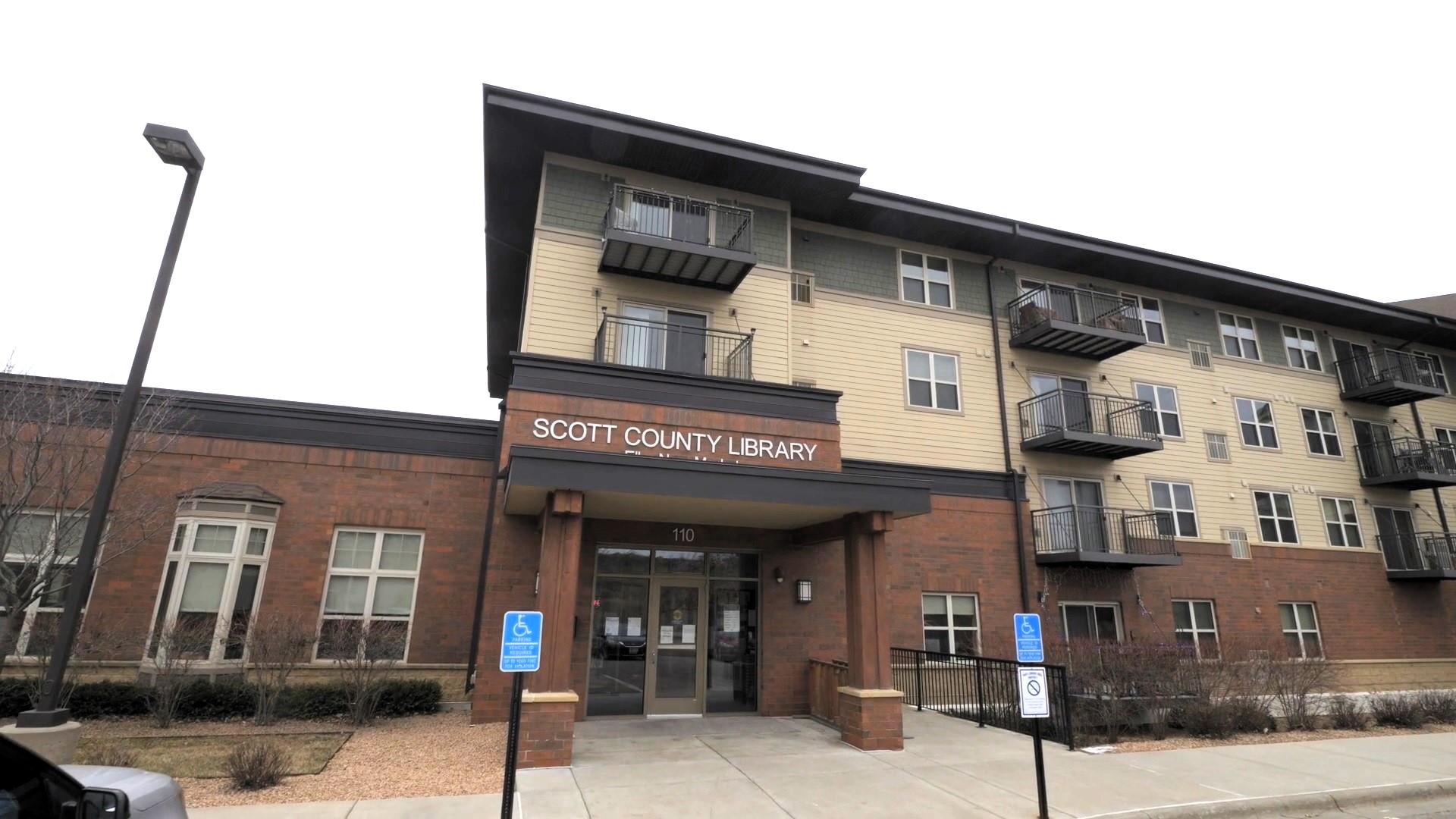Learn how one rural branch increased open hours by 350%

Challenge
Solution
Result
In the fall of 2017, Hamilton Public Library (HPL), in Hamilton, Ontario, launched open+ access in its rural Freelton branch. The pilot program was part of a larger push to increase library services and access system wide. Hamilton operates 22 branches across 439 square miles, and like many large systems, it encompasses urban, suburban, and rural areas. Managing limited resources to meet the needs of so many diverse communities presents a challenge for even the most determined boards.
When they were introduced to open+ access, Bibliotheca’s comprehensive open library solution that allows for extended access through automation, Hamilton seized the opportunity to pilot the solution. The Freelton branch seemed an ideal candidate for the pilot. Serving a community of just 2,500, the branch was only open 17 hours a week, leaving valuable community resources idle for much of the day, and limiting customers’ access.
Using open+ access, HPL was able to expand Freelton’s weekly open hours from 17 to 60 – an increase of more than 350%. Furthermore, the library saw a 19% increase in use in just the first five months. But this didn’t happen by accident. The success of the open+ access pilot was due, in large part, to a carefully crafted communication campaign.
Start slow, but start early
open+ access uses technology to allow libraries to easily control building access, security and automation through one efficient central management hub. It integrates seamlessly with existing ILS and self-service solutions and enables libraries to easily configure open hours, monitor library activity, control PA announcements and more. All of this tech was new to the Freelton branch. To ease into the process, HPL began by installing a selfCheck 1000 before implementing the rest of the open+ access solution. This slow start allowed customers to become familiar with self-service during normal staffed hours, when someone was on-hand to help if needed.
It was important to the library board that customers fully understood the responsibilities they would be undertaking if they wanted to access the library during extended access open+ access hours. Hamilton Public Library drafted a terms and conditions form that library customers were required to sign in order to pre-register for extended access. Not only did pre-registration ensure that there was greater accountability among customers, it also provided the library with a reason to promote the new service long before it went live.
HPL’s communications department created posters informing customers about the upcoming launch of extended access, encouraging them to pre-register to use the service. These posters were displayed in the Freelton branch as well as surrounding branches the Freelton community was likely to visit.
In addition, the library distributed customer FAQ flyers explaining the service and addressing concerns customers were likely to have. This detailed take-away answered questions such as what library services would be available (browsing, self-checkout, returns, Wi-Fi, computers, and remote support from staff at the Central Branch), which services would not (paying fines, adding money to print cards, in-depth reference requests), and what to do in case of an accident (call 911 for emergencies).
Once extended access via open+ access was live at Freelton, the posters were modified to inform customers and encourage them to register if they had not already done so.
Hamilton did not rely on print materials alone. They also posted updates and notifications on their website and enlisted the help of a local municipal councilor to distribute the news via her far-reaching email newsletter. Freelton serves an older population and not everyone relies on their news through the Internet so HPL made sure to promote the new service in the community paper and on Freelton’s automated messaging service as well.
Communication with staff is key
Implementing a new initiative requires addressing not only the customers’ concerns, but the concerns of the staff. From the beginning, the board communicated a commitment that open+ access would not be used to reduce overall staff hours. In fact, the staffed hours at Freelton have been increased from 17 to 24 since the launch of the initiative.
To make sure that everyone was confident about how extended access would work and what would be required, HPL developed a full range of documents and processes. The terms and conditions form, instructions on how to update the ILS to grant permission for extended access, as well as all other relevant information is housed together on the library’s intranet (SharePoint), easily accessible to all staff.
Though open+ access allows the Freelton branch to remain open, HPL wanted to make sure that staff support was always just a call away. During extended access hours, customers at Freelton can reach someone at the Central Branch via a video phone. Using SharePoint, staff can find answers to the most frequently asked questions right at their fingertips. Even so, Dawna Wark, Hamilton’s Director of Public Services, says there have been very few calls.
“I can count on two hands the number of questions we’ve received,” she says. Customers are comfortable using the space on their own.
The open+ access pilot has been so successful for Hamilton that they recently installed the solution at their Lynden Branch location and are planning future implementations from a communications perspective.
“We are using the same sort of posters, talking with the community newspaper – trying to get a reporter to come up and take a look,” she says.
As the board considers where to take open+ access next, Wark is already sharing the communications package they’ve developed with other branches and says she’s happy to share with other systems interested in implementing the solution.
“There’s no need to reinvent the wheel.”
You may also like
Insights + Trends

Park Ridge Public Library: Improving the Patron Experience with RFID Technology
RFID technology has positively impacted Park Ridge Public Library—from streamlining checkout processes to adding new programs.

Val Parisis Media Library: A Metamorphosis with open+
Explore how Bibliotheca’s open+ technology is transforming library services in the Val Parisis area in France by extending operational hours and enhancing accessibility without additional staff.

Scott County Library: Transforming access with open+
Boosting Access: Scott County Libraries Extend Hours and Services for Community

